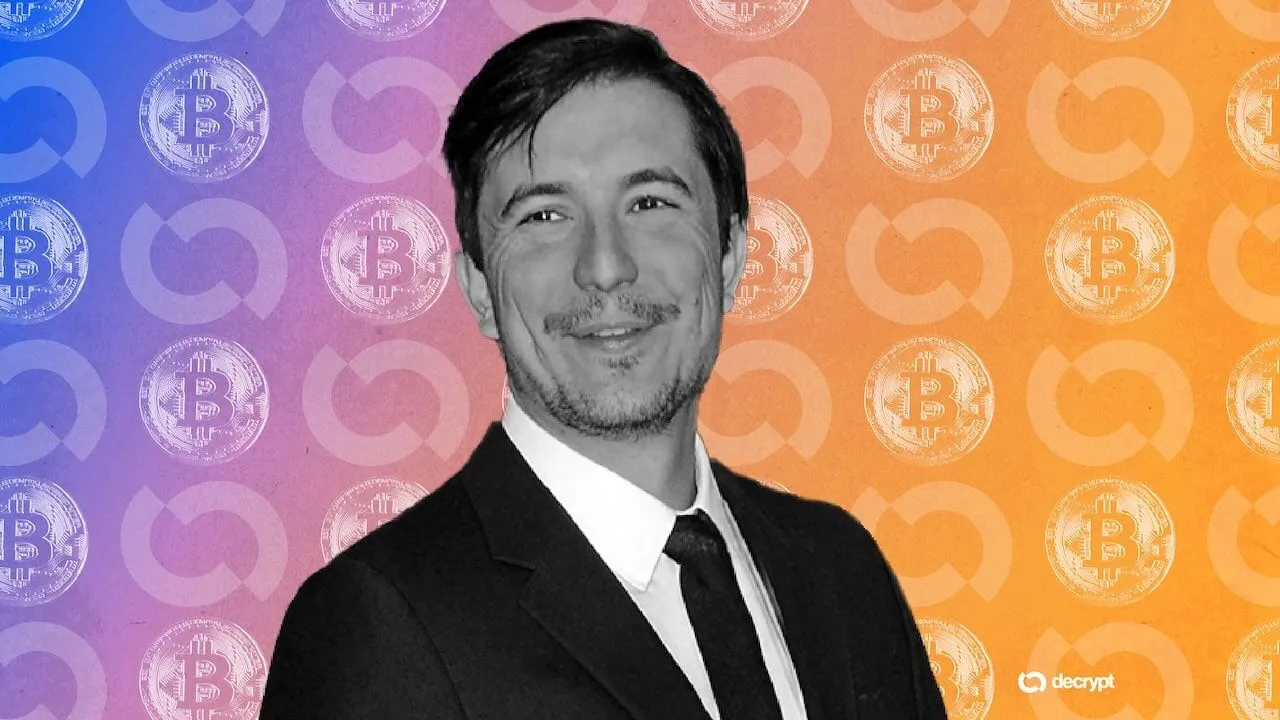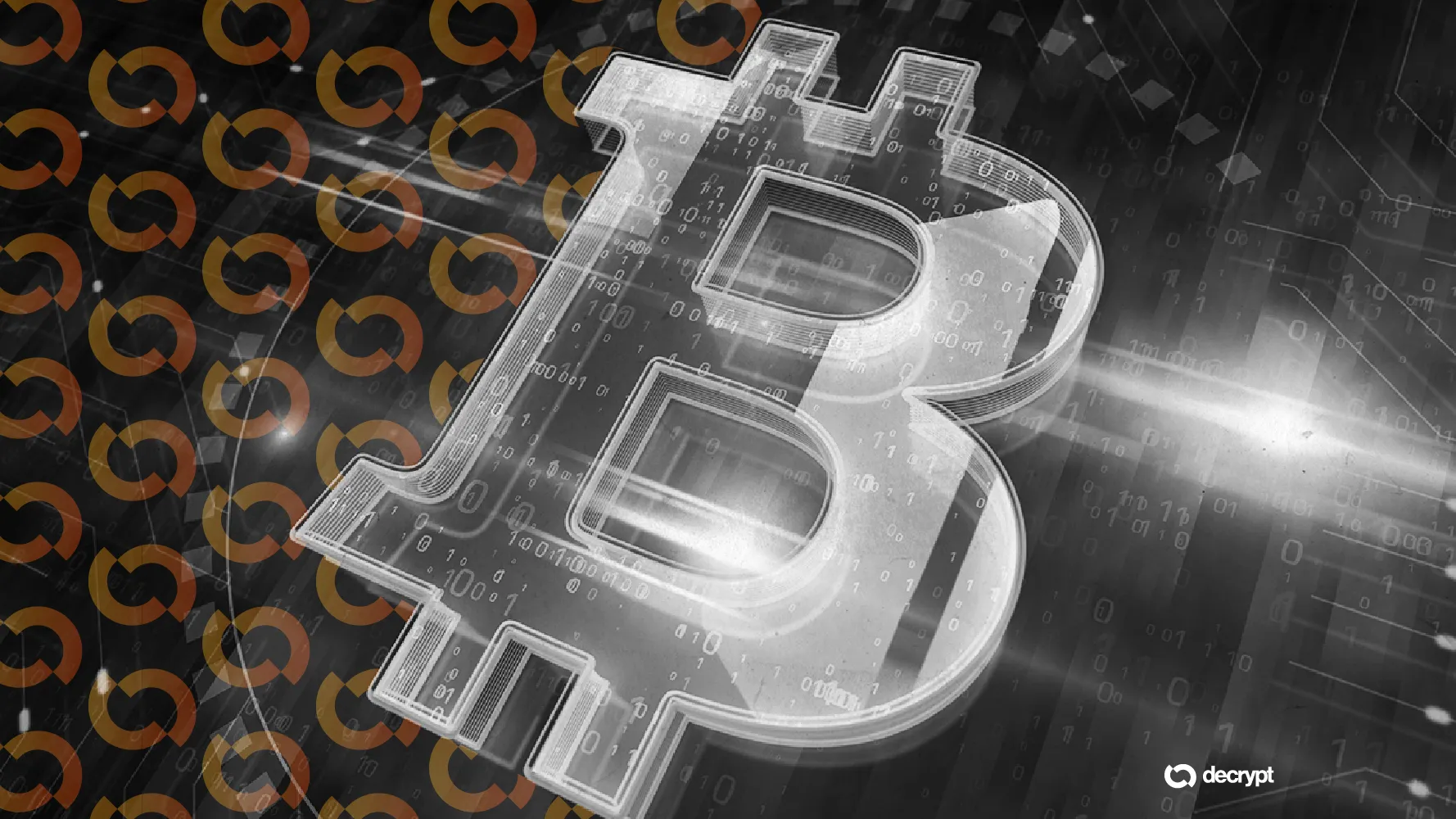In brief
- MakerDAO transitioned to decentralized governance in 2021.
- The Maker Protocol is now governed by people who hold MKR tokens.
- A successful December proposal called for the "offloading" of the content team.
In July 2021, one of the first decentralized projects to take hold on Ethereum fundamentally changed the way it did business: Instead of managing development and channeling funds through its foundation, MakerDAO would let holders of the MKR token run the show.
"MakerDAO is now completely decentralized," wrote Maker Foundation CEO Rune Christensen in a blog post, announcing the dissolution of the organization he founded.
Flash forward six months, and it's clear that MakerDAO members have high expectations for those taking the project forward. This week, after a contentious discussion, they narrowly voted to euphemistically "offboard" (i.e., fire) its content team, known as the Content Production Core Unit.
In a proposal initiated last month, community member Deimos argued that the team had neither demonstrated speed nor quality of work. "This team has produced two (arguably unremarkable) original videos since they started: Wormhole and How To Vote," Deimos wrote. "The rest is just the [Governance and Risk meeting] remixed and rebranded in 7 different flavors."
Adding insult to injury, Deimos suggested that community memes were having a greater impact.
The community agreed in a 49.1% to 47.3% vote. As a result, the team is no longer being funded by MakerDAO's coffers.
Live by the DAO, DAO by the DAO
At an Ethereum conference this summer, I encountered a PR firm that was trying to do an interesting thing. The company was partially transforming itself into a decentralized autonomous organization, or DAO, an increasingly popular kind of entity that is governed by financially incentivized token holders, often via a set of rules encoded on the Ethereum blockchain. It would be a new kind of business, with each of the firm’s employees wielding influence through votes, allocated proportionally to...
Members of the content team didn't have much of a head start before Maker Foundation shut down. Seth Goldfarb, the leader of the squad, worked as a freelancer within the MakerDAO community for almost a year before transitioning in May 2021 to a full-time role as unit facilitator.
Goldfarb stated in vote discussion threats that he was never hired by the Foundation before taking the reins: "We participated in several calls coordinated by [former MakerDAO product manager and program lead Tim Black] to try and communicate with the Foundation’s MarComms team but legal restrictions kept them from sharing anything of substance."
Others pointed out that the initial intention was for the content team to work alongside a marketing team staffed with foundation veterans. When that failed to materialize, more of the burden fell on the content team.
Black himself took some of the blame, stating that in several ways "this unit has overcome being set up for failure from the beginning, due to the decentralization of our particular initiatives."
The transition from foundation to decentralized management, during which some of the former employees stayed on the project in new roles while community members ascended to the ranks of full-time staffers, was a bit messy in his telling.
Today an entire core unit was laid off from @MakerDAO after an anon posted a proposal in December to do so. The vote was extremely close (1600 MKR margin) with high participation.
Without commenting on the merits, this was a messy process that needs improvement
— PaperImperium (@ImperiumPaper) January 24, 2022
Nonetheless, Black argued that the content unit was working on increasing visibility while urging community members to support a team that's been working from scratch: "Who here can say they have provided actionable feedback? subscribed to their newsletters? Shared wild ideas for new content streams?"
Goldfarb told Decrypt via Twitter, "I'm proud of the work the team's done and the way we've handled the situation."
MakerDAO was the first lending protocol to take hold on the Ethereum network. The protocol works via its own stablecoin, DAI, which is pegged to the U.S. dollar. To get a loan in DAI, users deposit Ethereum or other cryptocurrencies as collateral. Though smart contracts do the heavy lifting, the protocol itself still requires managing. Which assets can serve as collateral? Should interest rates go up or down? That's all determined by those who own the protocol's MKR governance token, which is an investment asset in its own right because the protocol buys and destroys MKR tokens to add deflationary pressure.
While the proposal suggested that the team was underperforming, the discussion suggests that running a protocol and associated cryptocurrency isn't as easy as it looks. And the vote hints at a measure of dissatisfaction with Maker's place in the DeFi pecking order.
After peaking above $6,000 to begin May 2021, the price of MKR has declined 73% to just above $1,700, according to data from CoinMarketCap. By comparison, Ethereum is down 27% in the same time period (though it has lost 48% from its November 16 all-time high). While MKR remains in the top five of DeFi tokens, its sub-$10 billion market cap looks paltry compared to Terra's $24 billion.
It's a similar story for the DAI stablecoin itself. Though its volumes are on par with Terra's decentralized stablecoin, it's in the third tier behind top-dog Tether and centralized competitors USDC and BUSD.
Which isn't to say it's doing poorly. In the last year, DAI's market capitalization has gone from $1.59 billion to $9.25 billion, according to CoinGecko. And its market dominance has ticked up from 4.7% to 5.5%. It's just that Terra, which barely counted as a rival a year ago, has overtaken it in both categories.
Laced throughout the discussion is talk about the lack of performance indicators and strategy. "They aren't judging what works and what doesn't," said Deimos.
The market, however, is. And the Maker community is clearly concerned about how investors see its product.
Editor's Note: This article has been updated to include a comment from Seth Goldfarb.





